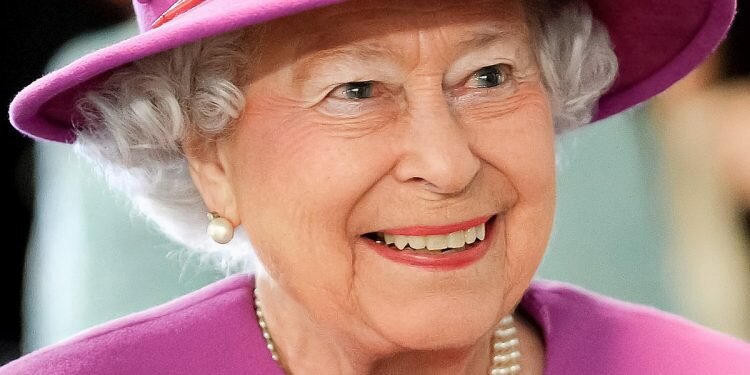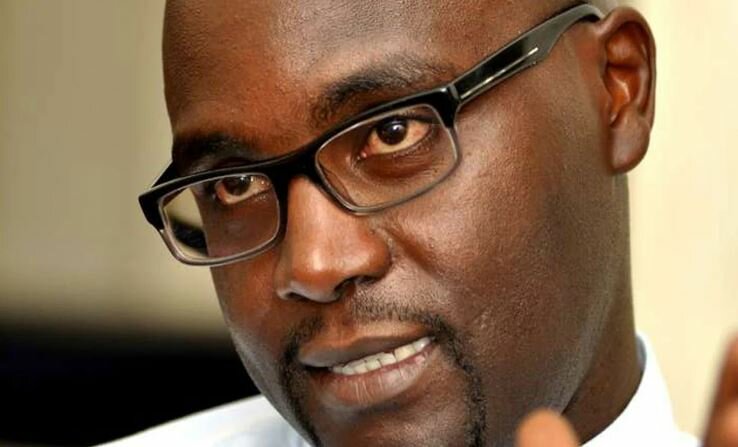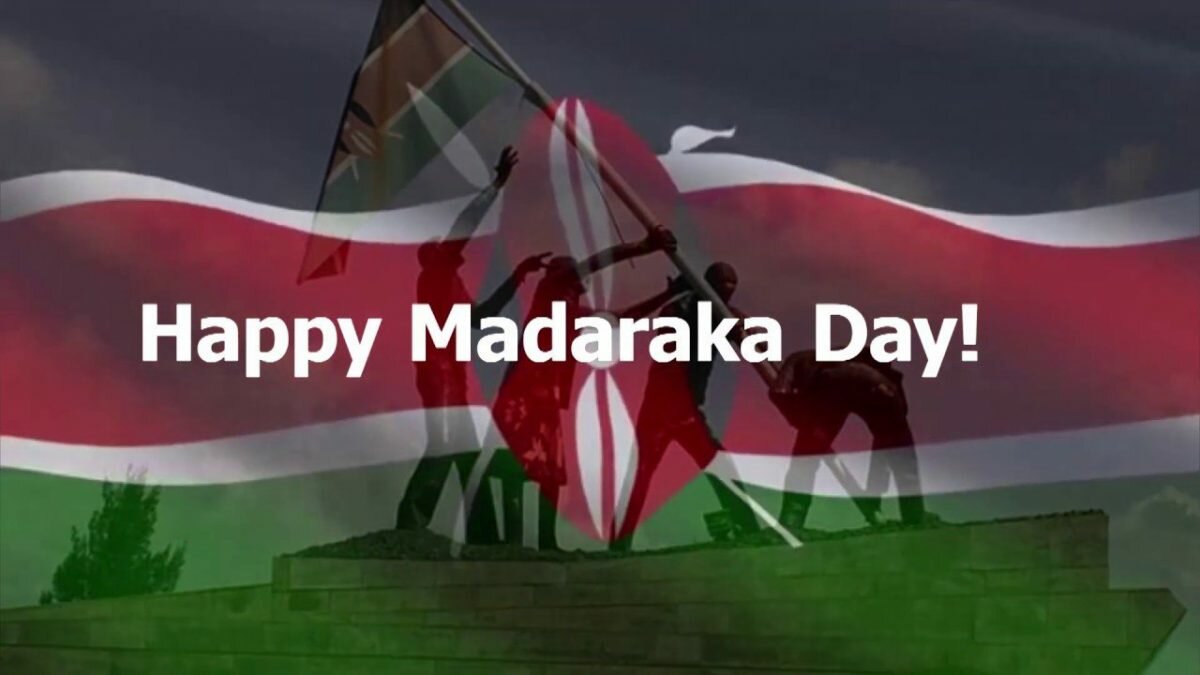PwC Africa has announced six key focus areas that will support the execution of its new global strategy that was announced on 15 June 2021, known as The New Equation.
PwC Africa’s commitment to quality and exceptional service delivery unites these key focus areas and remains the foundation of the strategy going forward.
At the heart of this strategy is quality and continuing to invest in further enhancing quality and expanding our capabilities. PwC Africa’s six key focus areas for The New Equation strategy are trust, growth, and value creation, ESG, digitization, international development, and workforce. Audit and assurance remain a critical aspect of PwC Africa’s business and as such, the firm will continue investing significantly in this area of our business, including investment in technology, and up-skilling of our people to be more digitally enabled.
The New Equation focuses on two interconnected needs that organizations face in the coming years: building trust across a wide range of areas that are important to stakeholders and delivering sustained outcomes in an environment where the risk of disruption is more intense than ever before.
PwC Africa’s six focus areas will help to address these needs among clients, communities, and other stakeholders in Sub-Saharan Africa.
Dion Shango, CEO for PwC Africa, said, “Our purpose as PwC is to build trust in society and solve important problems. The New Equation will shape how we help to build trust, as well as how we deliver sustained outcomes as a community of problem solvers. Quality is at the heart of everything that we do, and therefore quality is the foundation supporting our execution of The New Equation strategy.”
“PwC has been in the African region for over 70 years, and we continue to be optimistic about the opportunities on the continent. In response to technological disruption, climate change, fractured geopolitics, and the continuing effects of the COVID-19 pandemic, amongst other challenges, many organizations need to refocus and that’s where we can help with The New Equation.”
Trust is one of two interconnected needs that organizations face in the coming years.
The New Equation is about helping organizations to build and sustain trust in their people, products, services, operations, and the communities in which they operate.
PwC’s position on trust: Quality is fundamental to all aspects of PwC’s Africa strategy.PwC Africa will continue to support and sustain quality through internal processes, controls, and the support teams that monitor and enhance quality. In addition, our firms in Africa will focus on transparently communicating matters of importance and engaging with stakeholders including regulators.
With clients and other stakeholders, PwC Africa will focus on helping them to build trust. Trust can be difficult to earn and harder to maintain, particularly during times that are characterized by uncertainty and change. PwC Africa helps organizations to manage more complex scenarios, engage and listen to a broader set of stakeholders and act with courage through uncertainty.
In areas like financial reporting and cyber security, PwC Africa supports clients to build trust in their operations, products, and services.
Shango said, “Trust is absolutely top of mind in today’s world, for PwC Africa and amongst our clients and other stakeholders. Our people, skills, technology, and quality service delivery help us to serve our clients and stakeholders more effectively so that they, too, can lead trust based businesses and organizations.”
The COVID-19 pandemic and related economic and social challenges have had a significant impact on African economies, businesses, and communities. The New Equation strategy informs PwC Africa’s commitment to quality, expertise, upskilling, tools and technologies that improve resilience and support productivity and sustainable, equitable growth.
Shango added, “PwC Africa has an important role to play in helping organizations to create the value that they’re looking for. Optimizing workforce productivity, seeking competitive value in deals and other transactions and deploying integrated digital solutions are all ways of delivering sustained outcomes within organizations. These are some of the areas that we’re focused on, as part of executing The New Equation strategy.”
Aligned to The New Equation, PwC Africa’s specialized teams are equipped with industry knowledge to support clients with their Environmental, Governance and Social (ESG) objectives that help to build trust and achieve sustained outcomes. Good governance supports sustainable outcomes in terms of business performance and also through systems, processes and standards that deliver quality results.
PwC will invest in additional resources and tools to assist clients with embedding ESG from strategy to execution and ultimately delivering impactful transparent reporting. PwC supports organizations in their renewable energy transitions, net zero commitments, and sustainable financing, as well as their social commitments in the communities in which they operate. In addition, the firm is mobilizing on its goal of reaching net zero greenhouse gas emissions, in line with science-based targets, by 2030.
“Our Net Zero commitment rests on the progress that we will make towards measurement and disclosure, emission reduction, supply chain decarbonization and renewable energy and carbon offsets,” Shango adds. “It’s part of what we see as our greater societal purpose, which we take very seriously.”
Technology and digitization will continue to drive PwC Africa’s strategy. By coupling the power of technology with expertise in specific areas such as strategy, risk, deals, management consulting and tax strategy, amongst others, The New Equation helps deliver sustained outcomes and value for PwC Africa’s clients.
“The New Equation is about a future that is human-led and tech-powered. It’s about how human ingenuity combines with technology innovation and experience to deliver faster, more intelligent and better outcomes while building trust and ensuring quality across the value chain. PwC’s digital journey continues to facilitate greater efficiency, deeper insight and higher quality service delivery,” said Shango.
By executing The New Equation strategy, PwC Africa will expand its capabilities to help address some of the continent’s biggest development challenges. PwC’s aim is to build trust by improving the effectiveness of development assistance through promoting innovation, reducing costs, assuring accountability and establishing results- and impact based management.
“Working with multilateral and bi-lateral funding agencies, governments, international NGOs, foundations and the private sector, we can help these organizations to deliver sustained and meaningful outcomes. Our objective is to build trust by improving the effectiveness and quality of development assistance,” commented Shango.
The New Equation strategy helps to empower PwC people to work together as a community of problem solvers to deliver high quality services. For many organizations, the COVID-19 pandemic has amplified the need for agile, resilient workforces and the importance of tools, skills and systems that support workforce productivity and sustained outcomes.
Through integrated service delivery platforms like New World, New Skills, PwC Africa helps clients to reimagine the future of work, leadership, technology, and training.
The New Equation strategy will also lead PwC Africa to build an even more inclusive and diverse workforce as well as develop new skills sets through recruitment, training, and technology.
“Through The New Equation, we commit to purpose-led work and opportunities for career development for our people, as well as empowered flexible working arrangements. By embracing all aspects of diversity and inclusion, we keep our PwC values and purpose top of mind and inspire our people to deliver quality work. Our people are our most valuable asset, and through them we are helping other organizations to maximize the value of their workforces, too” concluded Shango.
















